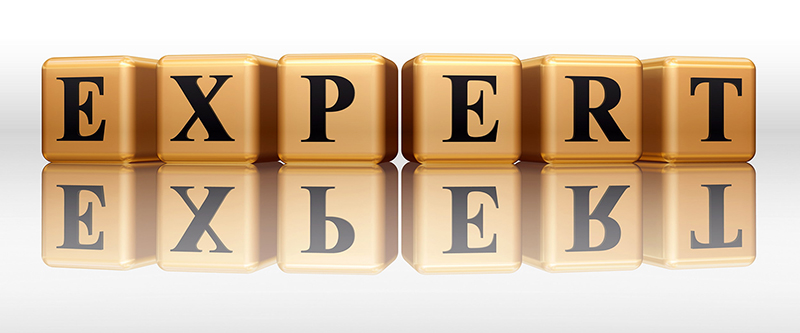15-01-2020
Has your Expert been trained as an Expert? That might sound like a contradiction but it is important to know what you're getting when you instruct an Expert Witness and that an Expert has the correct skills in delivering Expert evidence to a Court or Tribunal.
So, what more should an
instructing lawyer or client expect in addition to the field of expertise an
Expert offers? Commercial legal
experience and some form of Expert Witness qualification is required!
The Expert needs to be fully acquainted with the process of dispute resolution, the Law of Evidence and the protocols of legal procedures to that expected by a Court. Consider the following legal aspects that an Expert must know:
The Law of Evidence
The Expert must be consciously trained to understand:
- the types, difference and meaning of evidence:
- documentary
- real
- witnesses of fact
- hearsay
- what constitutes facts and opinion – the difference
- how to test for relevant facts – sampling
- what is meant by the burden of proof
- how to differentiate between what can be considered and not
- legal privilege and without prejudice material and how to deal with it
- confidentiality
- disclosure
- immunity and sanctions (e.g. public interests)
- consumer law and consumer rights (if applicable)
Protocols and Legal Procedures
In addition to the law of evidence, the Expert must understand the expected structure and legal protocol in delivering Expert evidence. The Expert must be trained to understand what is meant by:
- Expert opinion and its delivery
- the absolute duty to the Court of Tribunal
- the Court (CPR) rules and Practical Directions of the relevant professional body (e.g. RICS)
- pre-action protocol
- case management procedure
- the importance of obtaining accurate instructions right at the outset
- Single Joint Expert
- Party Expert
- the brief clearly agreed
- identifying expertise and severability of areas as not qualified in (e.g. cannot report on design or market valuation when acting as a Quantity Surveyor)
- fee arrangement
- conflicts of interest
- ethics
- case law relating to Expert Witness work
Importantly and often overlooked by instructing clients and lawyers is the experienced and trained Expert must also be an Expert in:
- legal writing skills which achieve:
- a formal structure in content, presentation and delivery
- comprehensive, cogent wording free of ambiguity
- unbiased delivery of facts and opinions
- dealing with difficult parties, knowing what and how to ask the Court for help
- acting as an advocate so as to understand how not to be partisan in both writing reports and handling procedures
- cross examination. A report should be cross examination-proof!
When the written Expert evidence in submitted, there may be
questions and a hearing, the latter of which requires training or experience in
knowing how to survive cross examination and communicating with the judge or
tribunal.
So, it is not just providing an opinion on the cost of
building or the quality of work, there is a necessity for the Expert to have
extensive legal training and knowledge, those instructing should appreciate
this essential aspect.
All of Arbicon’s Experts have formal Expert Witness qualifications (LETAPAEWE), with over 40 years combined experience in dealing with construction related matters. To find out how we can help you with your construction dispute please get in touch.


